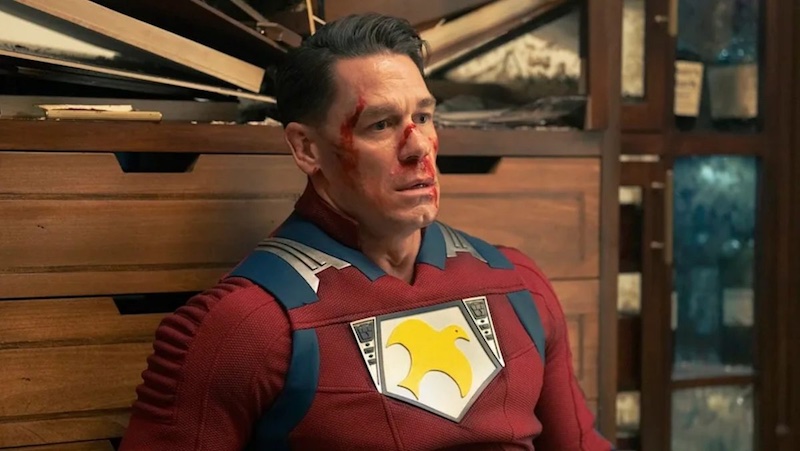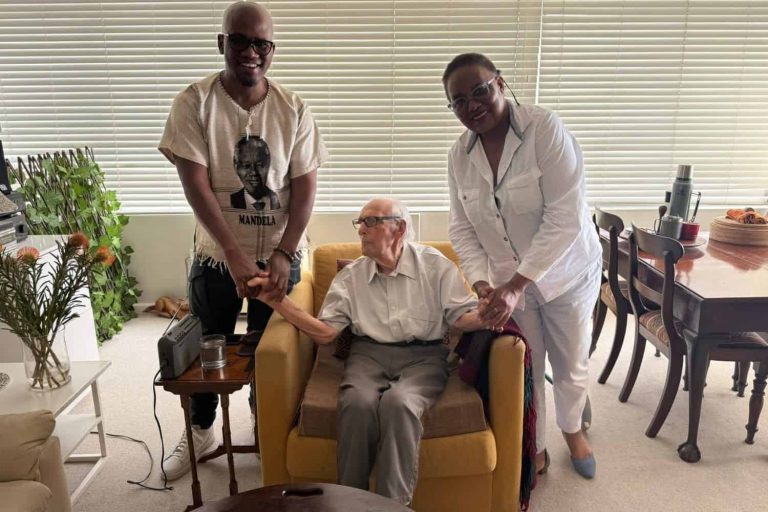
Peacemaker Season 2 was a triumph. I have yet to watch it.
However, I’ve followed the conversation online, and every episode that aired was met with praise, at least until the finale. Then the tide shifted. Apparently, James Gunn overpromised and underdelivered.
The final episode was a scattered mess that failed to close the show’s numerous plot threads in a satisfying manner. As a result, opinions on the show as a whole soured, which is a fascinating phenomenon.
Peacemaker Season 2 gave audiences seven impeccable episodes. They laughed, cried, and cheered. Surely, one bad episode cannot undo the good Gunn did in the first seven episodes.
And yet, some corners of the fandom have decided to dismiss the entire show as a failure. This mindset is not unique to Peacemaker. The most difficult aspects of storytelling are starting a story and ending it.
You need a strong start to capture your audience’s attention. Most of you have missed out on incredible stories, be it movies, TV shows, novels, or video games, because they had such lackluster starts that you dropped them before they could engage the next gear of their plot.
However, the alternative is equally common. Many storytellers start strong, taking the world by storm with an addictive setup and intriguing mysteries that compel viewers to tune back in every week, only to fall short at the end because they cannot construct a satisfying conclusion.
Look at Game of Thrones, which is easily one of the most popular shows to ever exist. After seven successful seasons, we thought it was untouchable. But then season 8 debuted, and the fanbase deflated.
You can understand the sentiment. People invested years of their lives into Game of Thrones. They watched every episode, bought merchandise, and even organized watch parties. As such, the final season felt like a slap in the face.
The payoff they wanted never came. The showrunners did not reward them for their loyalty. How I Met Your Mother was even more disappointing. Game of Thrones has a complexity few other properties can match.
You can forgive the showrunners for failing to replicate George R.R. Martin’s masterful writing. After all, unlike previous seasons, they had no books to adapt for season 8. How I Met Your Mother is a fairly basic sitcom.
More importantly, it had already laid the foundation for a decent finale in previous seasons by presenting several fitting candidates for the mysterious ‘Mother,’ only to abandon them all in the finale in favour of a brand-new character.
The ending was not bad in the conventional sense. Rather, it felt lazy. Similar accusations have been thrown at The Blacklist (which dropped the mystery of Red’s identity), House (which killed the House/ Cuddy romance for no other reason than to shock viewers), and Lost (which proved that the showrunners were making things up as they went), to mention but a few.
Human beings are weak in this area. Their opinion on a thing is determined by how that thing leaves them. You see this in interpersonal relationships. How many times have you exploded at someone because they did nine things right, only to fall short on the tenth?
Storytellers should endeavor to approach their projects with that aspect of the human condition in mind. We are more forgiving of shows that start poorly and end strongly than those that start well and end terribly. Leave us on a high note, and we shall sing your show’s praises till kingdom come. Disappoint us in the last minute, and you will never hear the end of it.
katmic200@gmail.com


